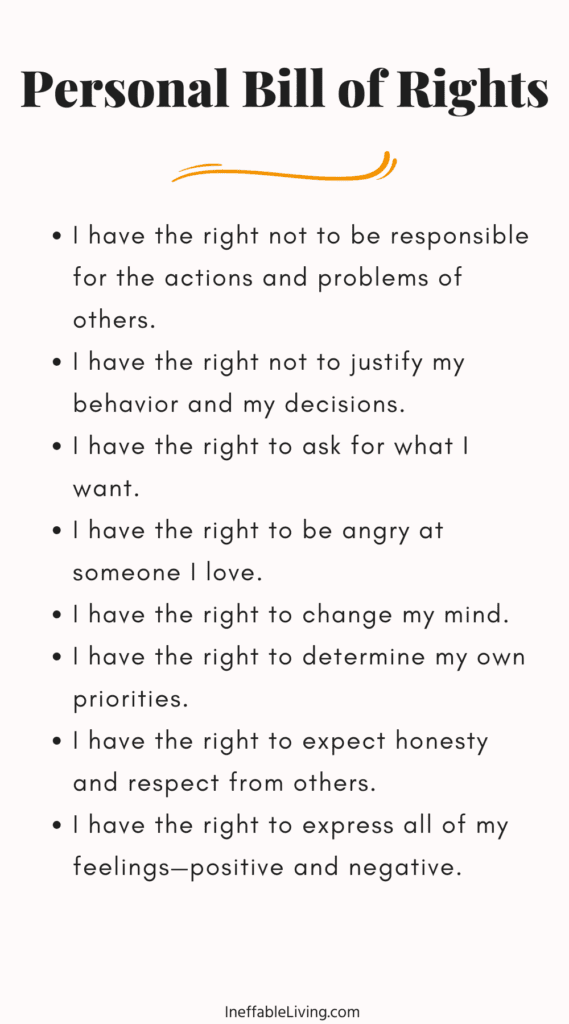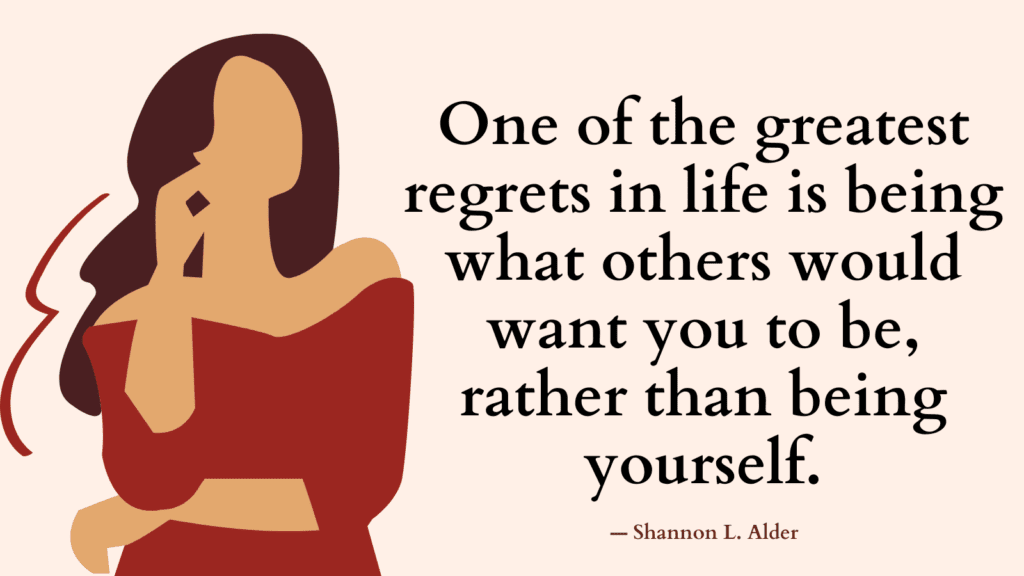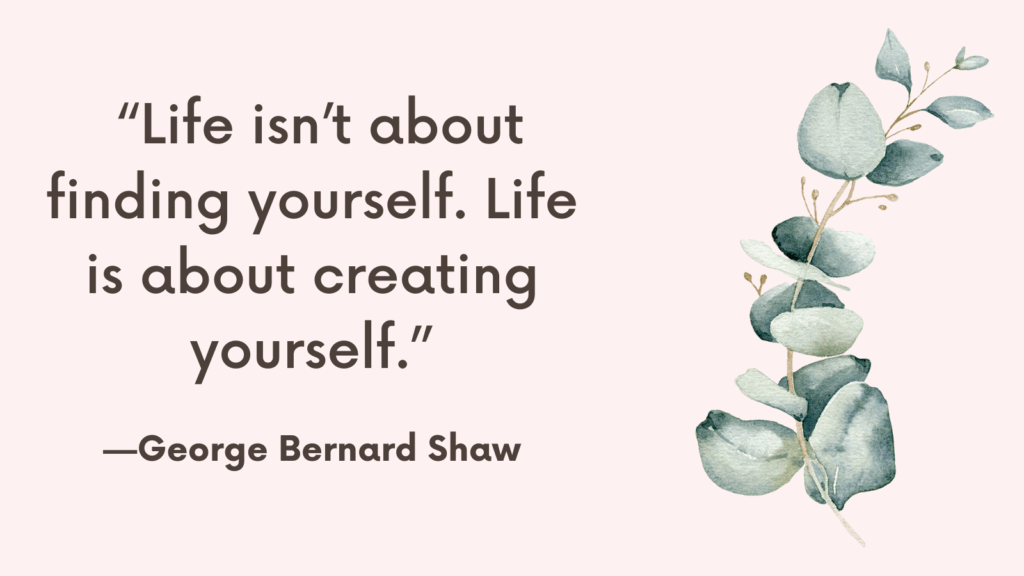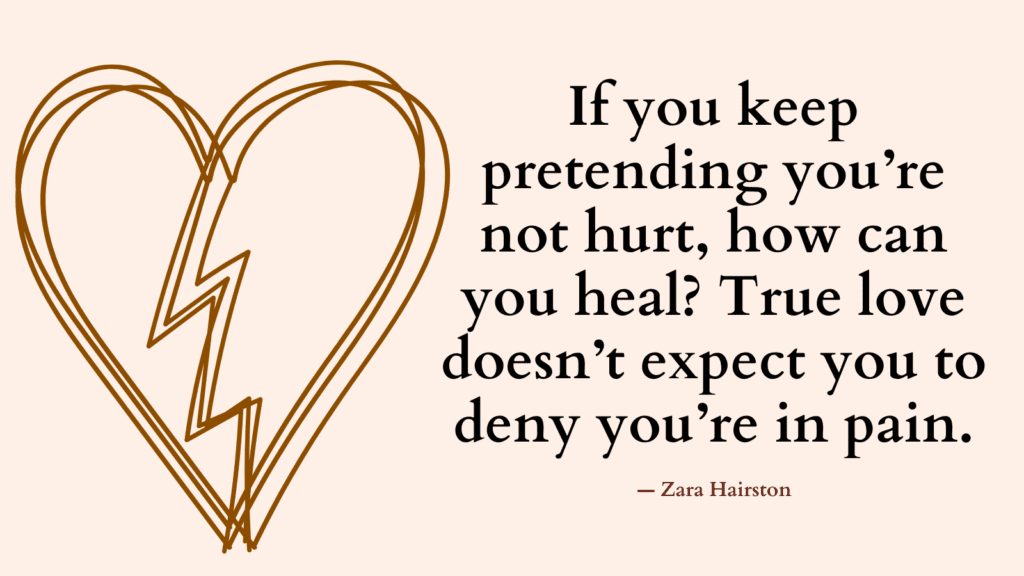This post contains personal bill of rights to help you feel empowered.
What Is Personal Bill of Rights?
A personal bill of rights is a list of things that everyone is entitled to.
It’s especially important to remind yourself of your own rights when you are in a relationship and aren’t sure how you deserve to be treated.
Read the following statements carefully and allow yourself to feel deserving of each right.
Personal Bill of Rights
- I have the right not to be responsible for the actions and problems of others.
- I have the right not to justify my behavior and my decisions.
- I have the right to ask for what I want.
- I have the right to be angry at someone I love.
- I have the right to change my mind.
- I have the right to determine my own priorities.
- I have the right to expect honesty and respect from others.
- I have the right to express all of my feelings—positive and negative.
- I have the right to feel safe, and be in non-abusive relationships.
- I have the right to follow my own values and beliefs.
- I have the right to make mistakes.
- I have the right to say no to anything that conflicts with my values.
- I have the right to say no to demands that I cannot meet.
- I have the right to say, “I don’t know.”
- I have the right to be healthier than those around me.
- I have the right to be myself.
- I have the right to change and grow.
FREE Personal Bill of Rights PDF
How to Use The Personal Bill Of Rights Statements?
Here are some steps for using them:
1. Review the list of personal bill of rights statements.
2. Choose the statements that resonate with you the most. You may find that some of the statements don’t apply to you or don’t feel relevant, so it’s okay to focus on the ones that feel most important to you.
3. Read through your chosen statements regularly. You might want to write them down or make a copy of them and keep them somewhere where you can see them easily (like on your phone or on a sticky note on your computer).
4. Practice asserting your rights. If you notice that someone is treating you disrespectfully or violating one of your personal bill of rights statements, try speaking up for yourself in a calm and assertive way.
For example, if someone is making demands of your time and energy and you feel overwhelmed, you might say something like, “I appreciate your request, but I need to prioritize my own needs right now. Let me get back to you when I can give this my full attention.”

Conclusion
The personal bill of rights statements are a set of affirmations that remind you of your inherent worth and value as a human being.
Remember, these statements are meant to empower you and help you recognize your own worth.
It may take some time and practice to fully embrace these beliefs, but with patience and persistence, you can start to internalize them and live your life with greater confidence and self-respect.
References



